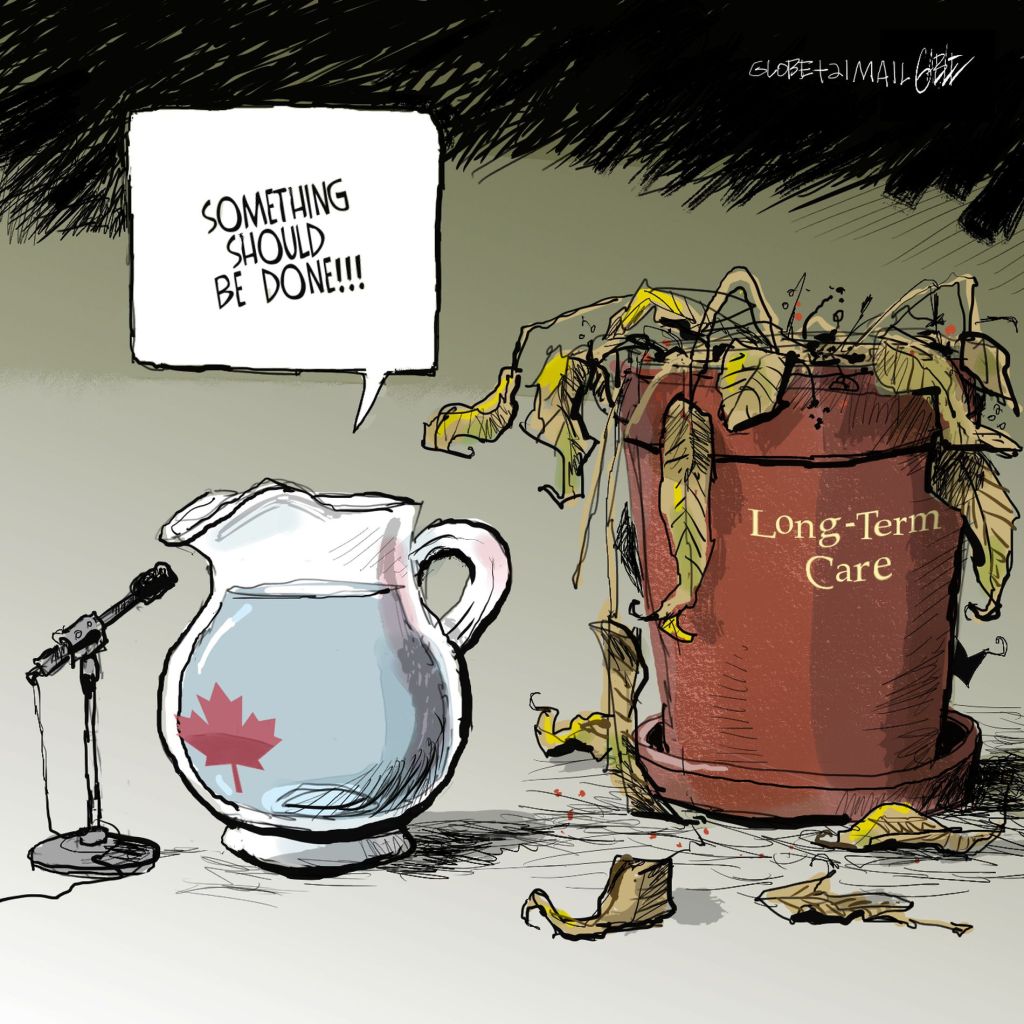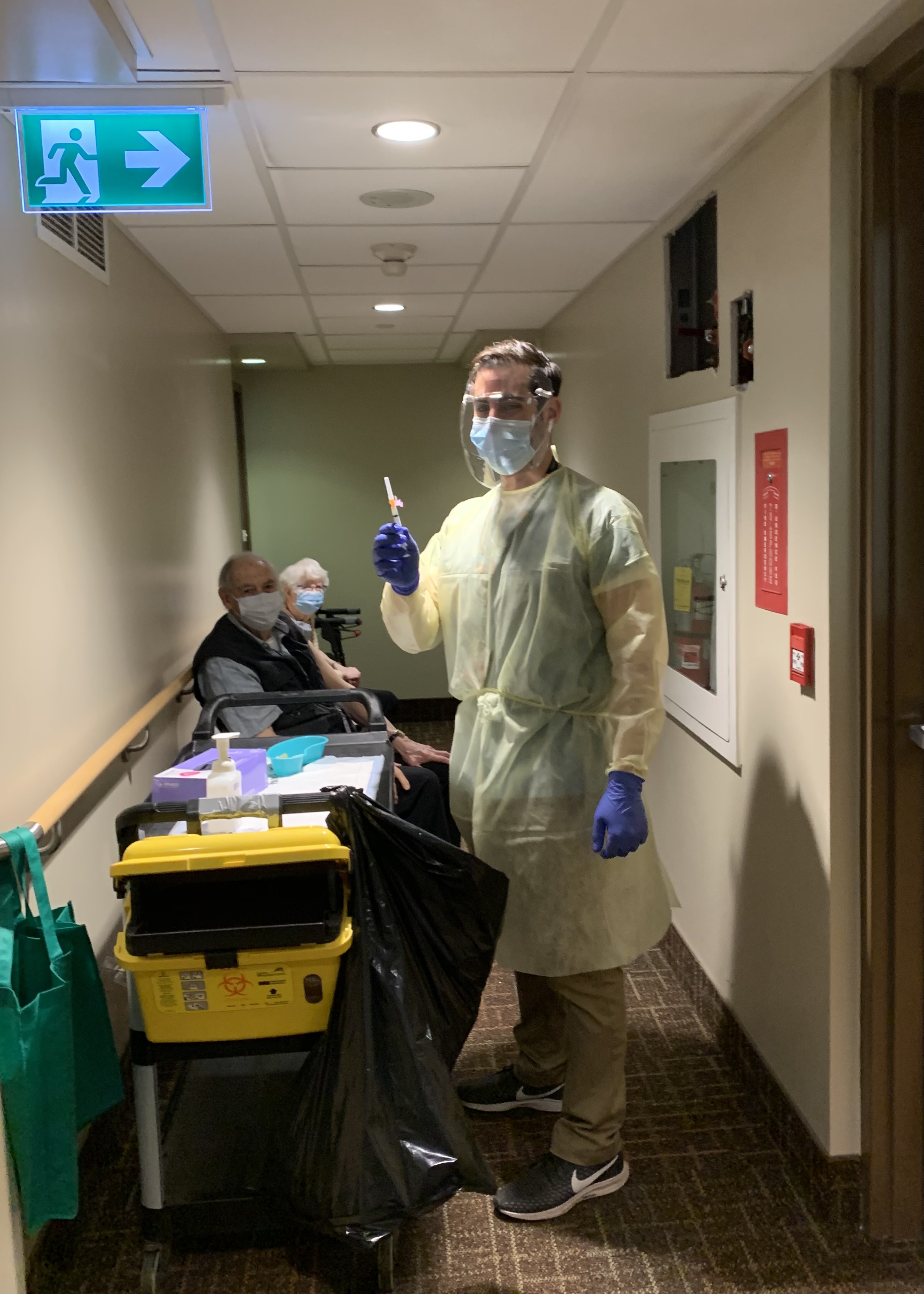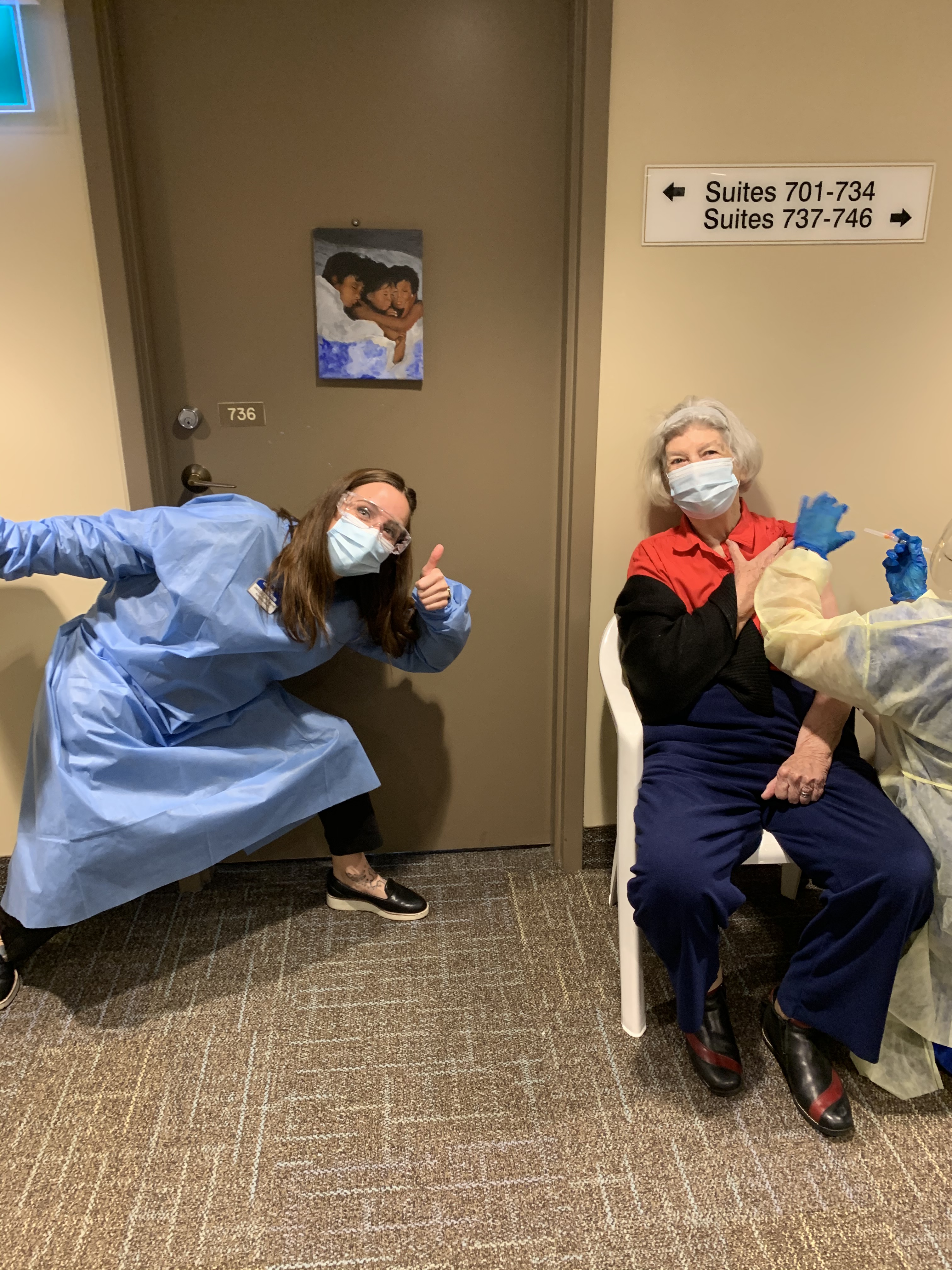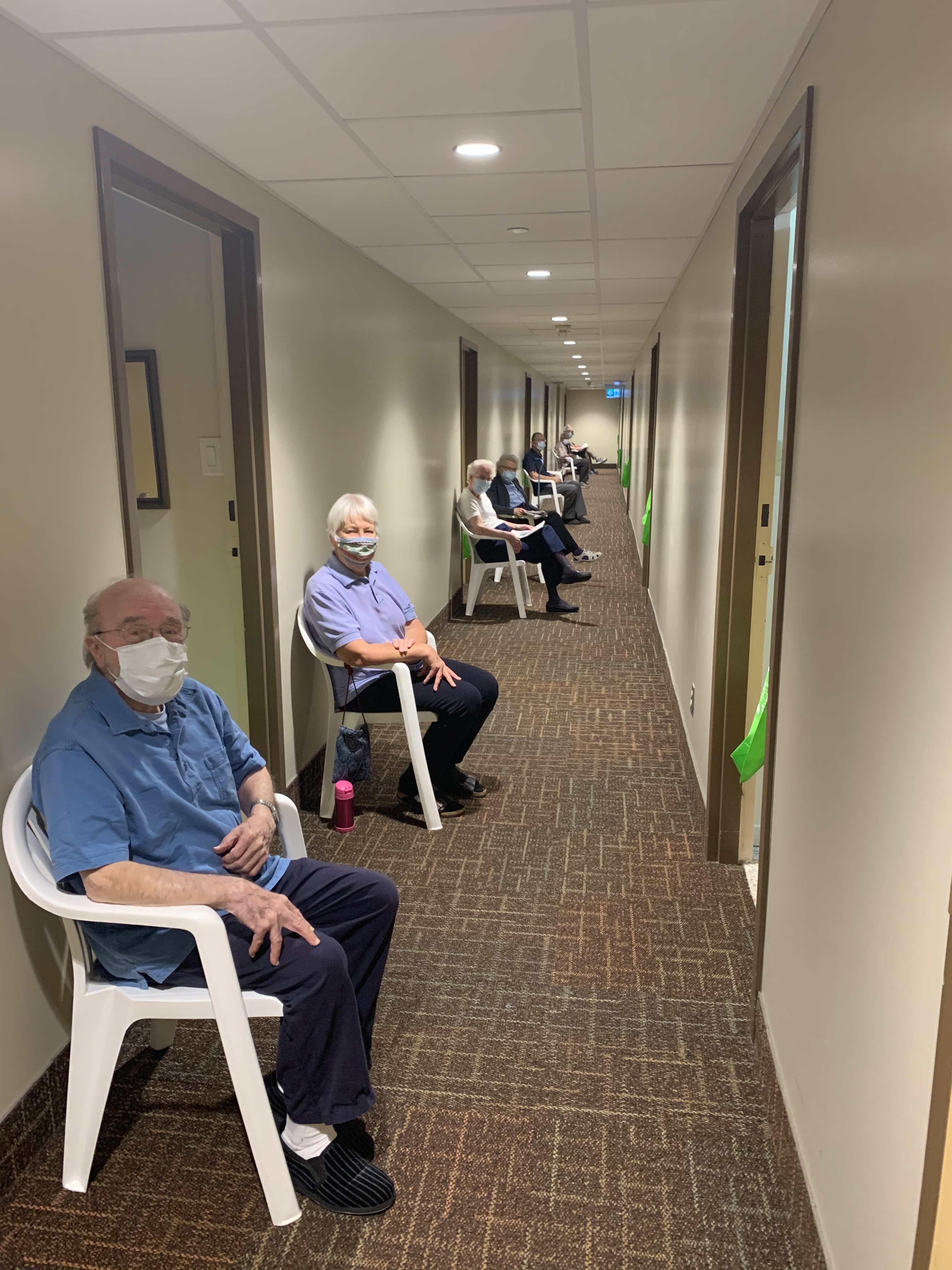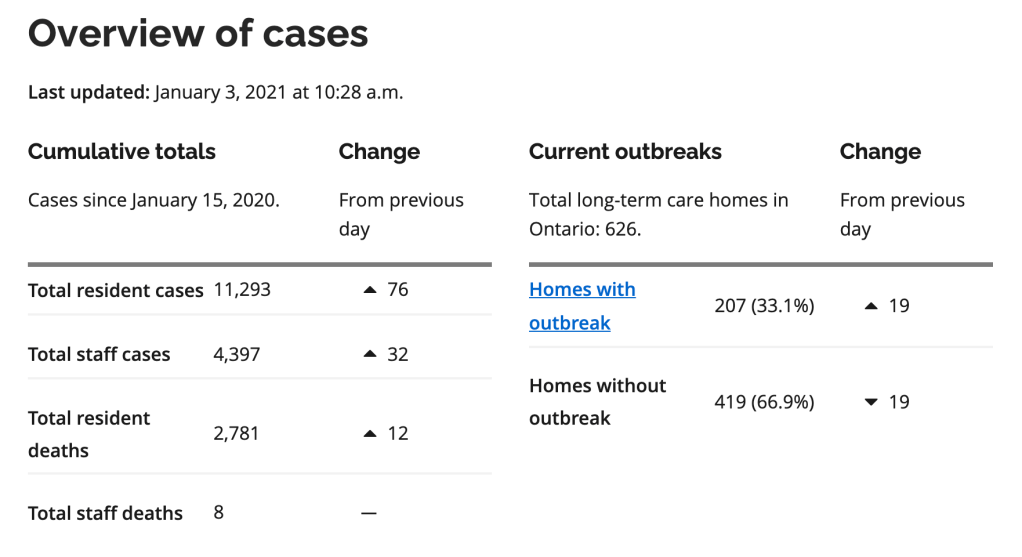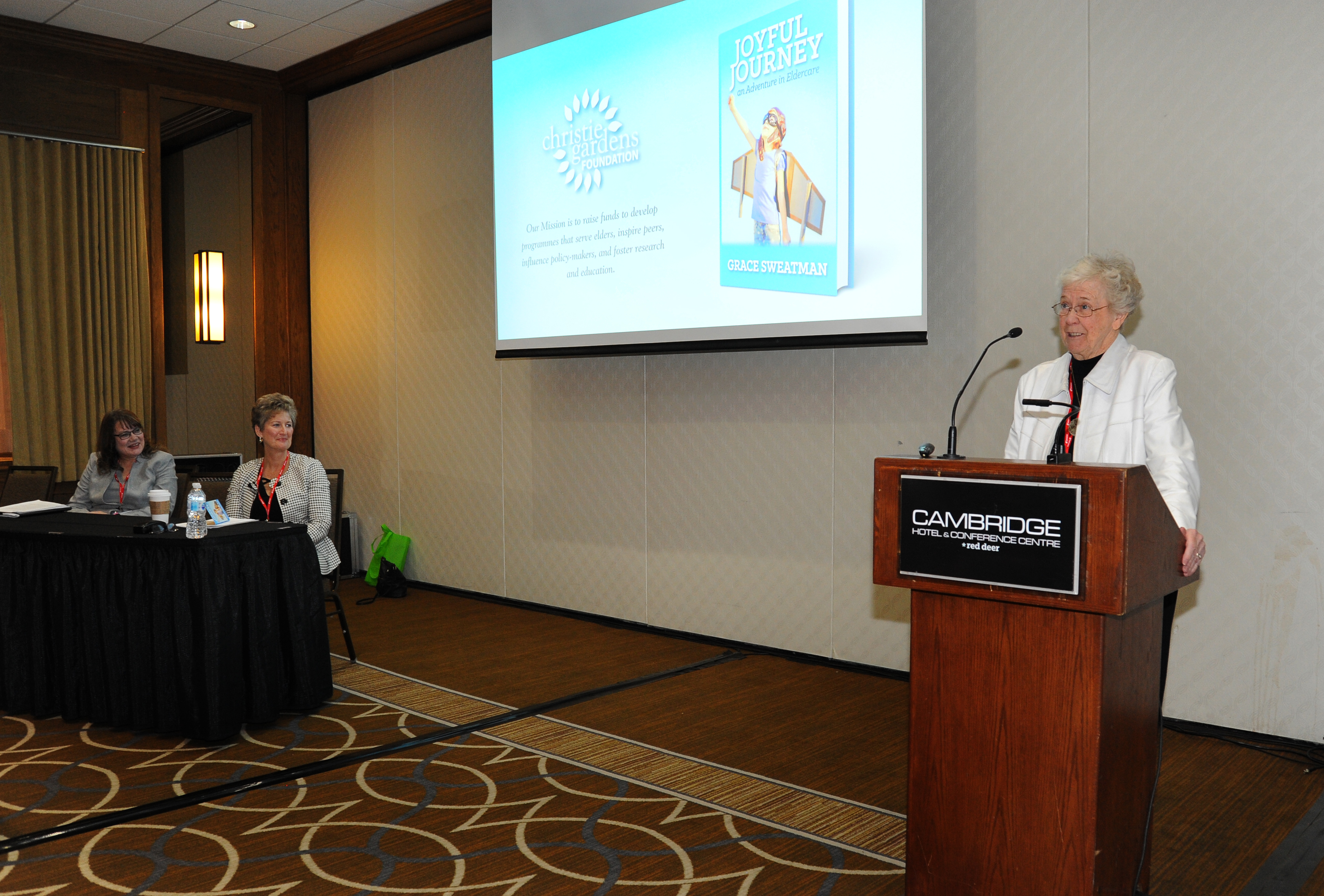I reflect frequently on my conversation earlier this year, with a Care Partner at Christie Gardens, our well-known “campus of care”.
Sarah was on her lunch break and often sat for a few moments in the quiet of the 10th floor library. I was there that day and welcomed her to join me. I knew I would enjoy our conversation.
Sarah’s daily work assignment was to visit and provide needed care for Independent Living residents in their suites. This support program is called Assisted Living.
Assisted Living can be the key to the resident remaining “at home” safely and with dignity, in spite of health challenges and personal losses. In some cases the resident might be suffering the onset of dementia and participating in the Assisted Living program, while waiting for a move to The Courtyard, our full care home on the first floor.
Sarah was a highly respected employee. She had been working full time as a Care Partner for over ten years. Throughout her work shift she might spend time with a dozen residents. Her duties were primarily to assist them with activities of daily living as needed. The majority of her residents knew her well and were very happy for her kind attention.
At times, however, she might encounter resistance and on occasion aggressive personal insult from a resident. There was no doubt she knew fatigue and sometimes pain as she fulfilled her duties.
I inquired about her day and her relationship to the residents she was currently supporting. I had heard of one particularly challenging lady, a Mrs. Jones, who may have caused Sarah grief. I had heard of Mrs. Jones’ unpleasant responses and of her frequent insults aimed at those who attempted to provide her with much needed support.
I raised this subject with Sarah. She spoke of really enjoying both assisting and becoming a friend to the residents. When I inquired specifically about Mrs. Jones she was uncertain how to respond. And so, I attempted to encourage her by sharing my vision for respectful care of our Elders, using Mrs. Jones’ history and current behaviour as an example.
Mrs. Jones was a former professor. She was a high-achiever, and life-long social activist but recently had driven away those who attempted to be close to her or help her in any way. Mrs. Jones’ responses, including personal insults to the team, were no doubt driven by her dementia, frustration, and fear.
I shared my vision that we might all consider the following philosophy of care. Our perspective should be clear. Not that Mrs. Jones was “lucky to have us care for her but rather that we were privileged to assist her especially at this time of her greatest need.”
I acknowledged that getting that message beyond our doors was proving difficult for me. Sometimes it felt simplistic in the face of complex situations. I acknowledged that I often felt I should just give up trying to share it with others in our field of service, and retire.
However, I remained convinced that the quality of Mrs. Jones’ life would be directly impacted by Sarah’s attitude and responses toward her, no matter how Mrs. Jones behaved. And that in turn Sarah would also benefit, as would we all.
We then digressed into more personal matters like how long it took her to travel to work by public transportation. That her daughter was a nurse and really needed the family car to get to her work and that what her daughter did was more important. And so she travelled daily to the heart of the city from north Mississauga.
Our brief but meaningful conversation ended. Sarah stood to leave, took a deep breath, and turned to me with her recap of our discussion.
“I am on my way to see Mrs. Jones now. When I get to her door, before I knock I will pause and say to myself I am privileged to assist you”. Then with a radiant smile she went on her way.
She could, and I have no doubt would, brighten Mrs. Jones’ corner of fear and loss.
And so, I was once again encouraged to continue to share my message. Large group or small, or conversations with individuals, the message is clear. The ripple effect is difficult to measure but I remain convinced that we can “change the culture of Eldercare”.
And so, front line workers, and all who support you in the daily challenge of caring for our Elders, please remember it is our privilege to assist them and be their friend.
Brighten the corner where you are.
I leave you with this hymn written by Ina Mae Duley Ogden and Charles H. Gabriel in 1913, and performed here by Ella Fitzgerald in 1967.
